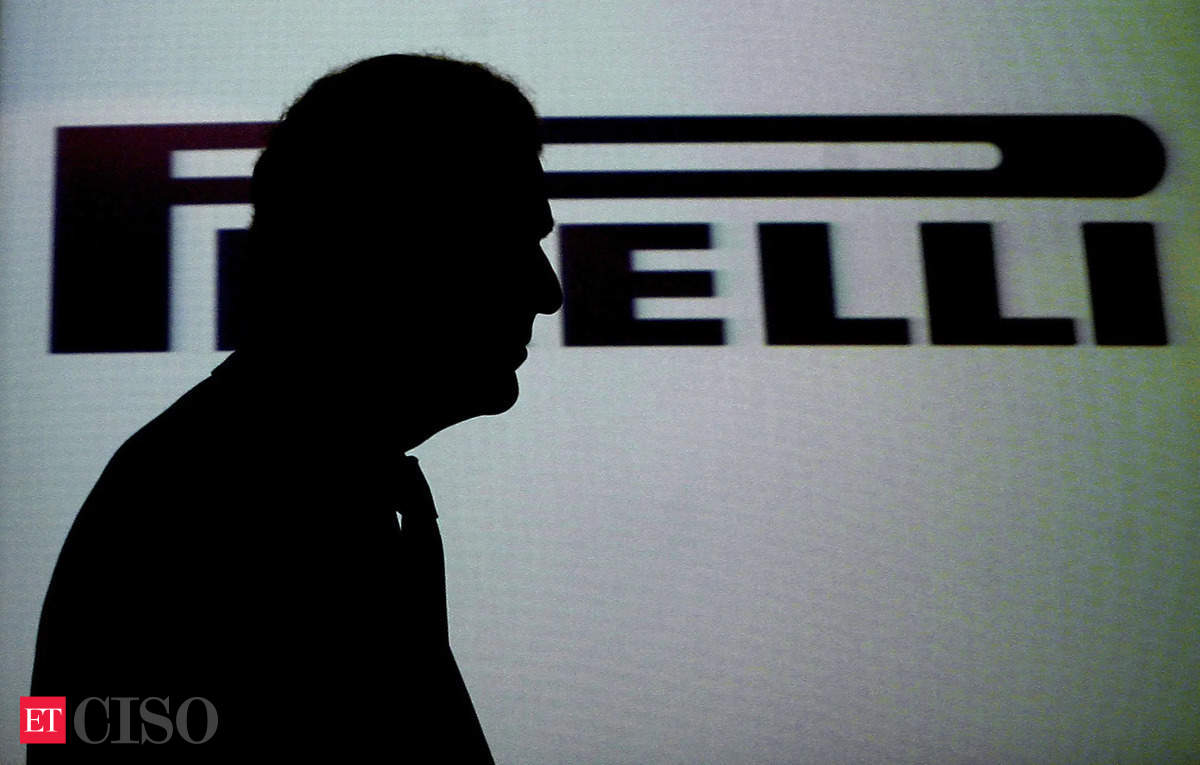Electric vs. Hydrogen: A Shift in Toyota’s Strategy
Despite the numerous benefits of electric cars, Toyota has spent the past decade advocating for hydrogen as the superior choice. However, with the company’s recent announcement of its third-generation fuel cell system, it appears that Toyota is finally acknowledging the limitations of hydrogen in the automotive sector. The new fuel cell system is designed for industrial applications, where hydrogen has always been a more viable option.
A New Focus on Industrial Applications
The latest fuel cell system is tailored to meet the specific needs of the commercial sector, with a focus on durability comparable to diesel engines. This new design boasts improved fuel efficiency, reduced production costs, and twice the power output of its predecessor, all within the same footprint. The fact that Toyota has not prioritized size reduction in this instance is telling, suggesting that the company envisions these cells being used in applications where space is not a concern.
The Economic and Technological Reality
Toyota has struggled to make a compelling economic or technological case for hydrogen cars as a better alternative to electric vehicles. The company’s flagship hydrogen EV, the Mirai, has sold only 28,000 units since its introduction in 2014. However, for heavy-duty vehicles, where battery weight and power are more significant concerns, hydrogen’s limitations become advantages. As such, hydrogen fuel cells may find a niche in applications such as trucks, construction vehicles, trains, ships, and backup generators, which are less dependent on widespread hydrogen infrastructure.
Source Link





